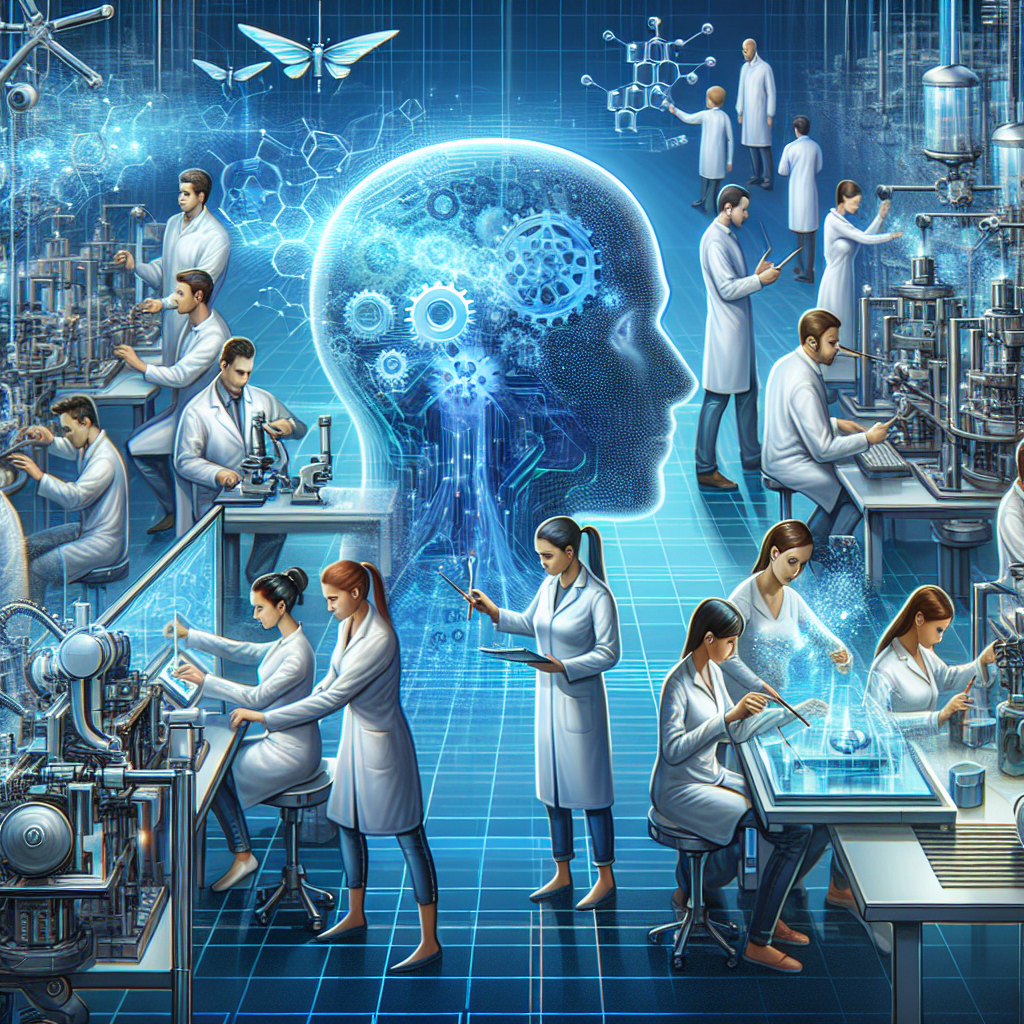The Quest for AGI: How Researchers Are Pushing the Boundaries of Artificial Intelligence
Artificial General Intelligence (AGI) is the holy grail of the field of artificial intelligence. It refers to the development of machines that possess the ability to understand, learn, and apply knowledge in a way that is indistinguishable from human intelligence. While the current state of AI has made significant advancements in narrow tasks such as image recognition, speech synthesis, and natural language processing, achieving AGI remains a daunting challenge.
In recent years, researchers around the world have been pushing the boundaries of AI in an effort to bring us closer to the realization of AGI. From developing new algorithms and techniques to exploring the frontiers of neuroscience and cognitive science, the quest for AGI is a multi-faceted and interdisciplinary endeavor that requires collaboration across various fields.
One of the key challenges in achieving AGI is the development of algorithms that can generalize across a wide range of tasks and domains. While current AI systems excel at specific tasks, they often struggle when faced with new or unfamiliar situations. This is known as the problem of “narrow AI” – systems that are highly specialized and limited in their capabilities.
To address this challenge, researchers are exploring new approaches to AI that focus on building more flexible and adaptive systems. One promising area of research is the development of “deep learning” algorithms, which are inspired by the structure and function of the human brain. By using neural networks to simulate the way that the brain processes information, researchers hope to create AI systems that can learn and adapt to new tasks and environments.
Another approach to achieving AGI is to combine AI with insights from cognitive science and neuroscience. By studying how the human brain processes information and learns new skills, researchers hope to uncover the underlying principles of intelligence and apply them to the development of AI systems. This interdisciplinary approach has led to new breakthroughs in areas such as reinforcement learning, imitation learning, and cognitive architectures.
In addition to developing new algorithms and techniques, researchers are also exploring the potential of hardware acceleration to enhance the performance of AI systems. From specialized chips and processors to quantum computing, advances in hardware technology are enabling researchers to build more powerful and efficient AI systems that can tackle complex tasks with greater speed and accuracy.
Despite the progress that has been made in the field of AI, achieving AGI remains a distant goal. The challenges are numerous and complex, requiring a concerted effort from researchers, policymakers, and industry leaders to overcome. From ethical considerations and regulatory frameworks to societal implications and economic impacts, the quest for AGI raises a host of important questions that must be addressed.
FAQs:
Q: What are the ethical implications of AGI?
A: The development of AGI raises important ethical questions about the impact of intelligent machines on society. From concerns about job displacement and inequality to issues of privacy and security, the ethical implications of AGI are far-reaching and complex. Researchers, policymakers, and industry leaders must work together to address these concerns and ensure that AI is developed in a way that benefits humanity as a whole.
Q: How close are we to achieving AGI?
A: While significant progress has been made in the field of AI, achieving AGI remains a distant goal. Researchers are constantly pushing the boundaries of AI through new algorithms, techniques, and hardware advancements, but there is still much work to be done. It is difficult to predict when AGI will be achieved, but researchers are optimistic about the potential for future breakthroughs in the field.
Q: What are the potential benefits of AGI?
A: The potential benefits of AGI are vast and varied. From revolutionizing healthcare and transportation to improving education and environmental sustainability, intelligent machines have the potential to transform nearly every aspect of society. By harnessing the power of AGI, researchers hope to create a future where AI works alongside humans to solve some of the world’s most pressing challenges.
In conclusion, the quest for AGI represents a bold and ambitious endeavor that has the potential to reshape the future of humanity. By pushing the boundaries of AI and exploring new frontiers in research, researchers are laying the foundation for a future where intelligent machines can think, learn, and adapt in ways that were once thought impossible. While there are still many challenges to overcome, the pursuit of AGI holds great promise for the advancement of science, technology, and society as a whole.

